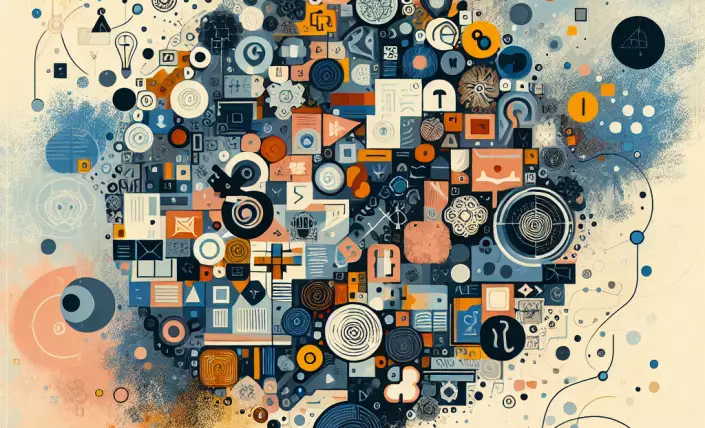In the pursuit of equality, society often finds itself ensnared in a paradox. The ideal of equality, while noble in its aspirations, is frequently at odds with the realities of human nature and societal structures. Thomas Sowell, a distinguished economist and philosopher, offers a perspective that challenges the conventional wisdom surrounding equality. His insights compel us to reconsider the very foundations of this ideal, pushing us to question whether absolute equality is feasible or even desirable.
Sowell's philosophy emphasizes the importance of recognizing human diversity and the inherent differences among individuals. These differences are not merely matters of circumstance but are deeply rooted in biology, culture, and personal choices. The quest for equality, according to Sowell, often overlooks these nuances, leading to policies and ideologies that attempt to impose uniformity. Such attempts can inadvertently suppress individual potential, stifling innovation and creativity. The notion that everyone should achieve identical outcomes, irrespective of their unique attributes and efforts, is a fallacy that disregards the complex interplay of factors that shape human lives.
Furthermore, Sowell argues that the pursuit of equality can lead to unintended consequences that exacerbate inequality rather than alleviate it. Policies designed to level the playing field may create dependencies, reduce incentives for personal responsibility, and foster a culture of entitlement. By focusing on equalizing outcomes rather than opportunities, society risks undermining the very principles of meritocracy and free enterprise that drive progress and prosperity. Sowell's reflections urge us to reconsider our approach to equality, advocating for a system that values individual freedom, personal responsibility, and the diverse contributions of each person. In doing so, we may find a more balanced and realistic path toward social justice, one that respects the differences that make us uniquely human.










